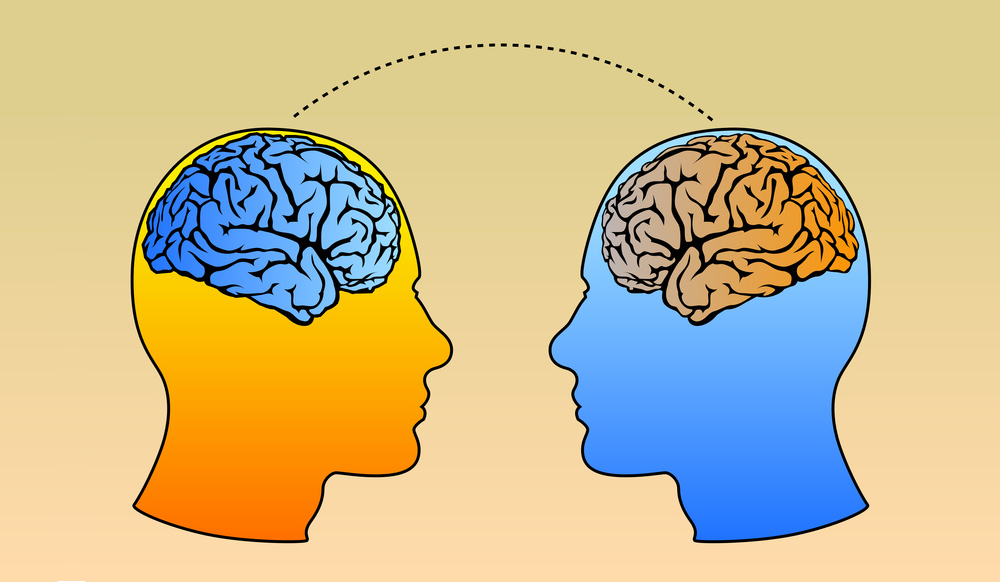Do you ever wonder why you think or feel a certain way? There is a lot of complexity to our brains and it can be difficult to understand why we act in certain ways. Psychiatrists are mental health professionals who have spent years studying the human brain and its complexities. They have expertise in understanding behavior, emotions, and thoughts, as well as diagnosing and treating mental health conditions.
Psychiatrists can provide valuable insight into understanding your brain and the complexities of mental health. Here are some ways in which psychiatrists can help you:
Table of Contents
1. Diagnosis
Psychiatrists specialize in diagnosing various mental health conditions, such as anxiety, depression, bipolar disorder, and schizophrenia. If you are experiencing symptoms that are interfering with your daily life, a psychiatrist can help determine if it’s related to an underlying mental health issue. The doctor will conduct a comprehensive medical and psychiatric history, perform physical exams, and run various tests to determine if the symptoms are related to an underlying mental health disorder. If you are looking for a psychiatrist check out mymindfulmentalhealth.com for more information.
2. Personalized Treatment Plans
Psychiatrists develop treatment plans tailored to each individual’s unique situation. They take into account a patient’s medical history, lifestyle, and any other contributing factors when creating a comprehensive plan for treatment. The psychiatrist will work with you to come up with realistic and achievable goals to help you feel better. 3. Medications Psychiatrists may prescribe medications to treat your mental health disorder. While medication can be an essential part of the treatment process, it is not a cure for mental illness. The psychiatrist will work with you to develop coping skills and other strategies to help you manage your condition long-term.
3. Medication Management
Medication management is an important aspect of mental health treatment that psychiatrists specialize in. Psychiatrists have extensive knowledge of how different medications work in the brain and can help patients understand the effects of their medication. They can also make adjustments to dosages or switch medications if necessary.
Effective medication management involves close monitoring and communication between the psychiatrist and the patient. It is important for patients to inform their psychiatrist of any side effects or changes in symptoms so that appropriate adjustments can be made. Additionally, psychiatrists may use psychoeducation techniques to help patients better understand the purpose and benefits of their medication.
Overall, medication management is a critical component of mental health treatment that requires expertise and careful attention from a qualified psychiatrist. With proper medication management, individuals with mental illness can experience significant improvement in their symptoms and quality of life.
4. Psychotherapy
Psychiatrists often incorporate talk therapy or psychotherapy into their patients’ treatment plans to help them better understand their thoughts and behaviors. Psychiatrists are licensed physicians with special training in the diagnosis and treatment of mental disorders. They can provide both short-term counseling and long-term therapy to people struggling with a number of issues, including depression, anxiety, bipolar disorder, schizophrenia, substance abuse or other addictions.
5. Brain Mapping
Some psychiatrists in Seattle use EEG or QEEG-based brain mapping technology to identify specific areas of the brain that may be exhibiting abnormal activity patterns that may contribute to the symptoms the person is experiencing. Brain mapping can also be used to help determine which treatment interventions are most appropriate for the individual and their particular symptoms.
Conclusion
In conclusion, consulting with a psychiatrist can be incredibly helpful in understanding your brain and improving your mental health. Psychiatrists are trained professionals who specialize in diagnosing and treating mental illnesses, and they have a deep understanding of how the brain works. By working with a psychiatrist, you can gain insight into the underlying causes of your symptoms, learn coping strategies for managing them, and receive medication or therapy as needed to help you feel better.
It’s important to remember that seeking help from a psychiatrist is not a sign of weakness; rather, it’s an act of strength and courage. Mental illness is incredibly common, affecting millions of people around the world. By reaching out for support from a professional like a psychiatrist, you’re taking an important step towards healing and moving forward in your life. So if you’re struggling with mental health issues or simply want to learn more about how your brain works, consider making an appointment with a qualified psychiatrist today.

Be First to Comment